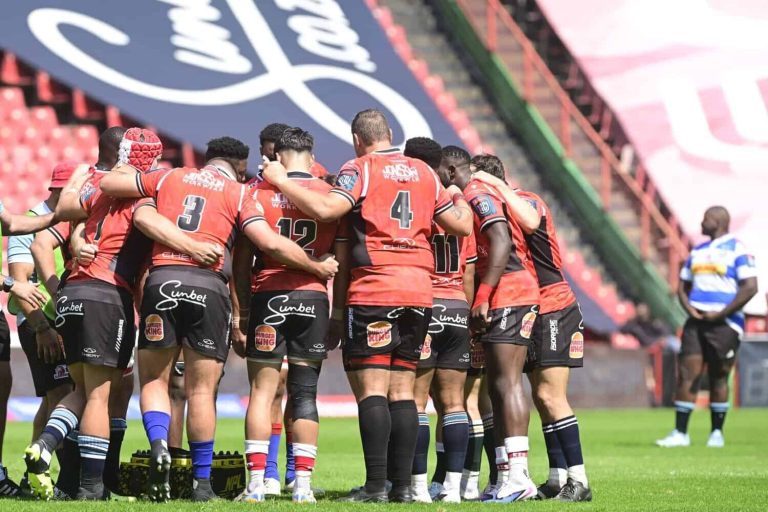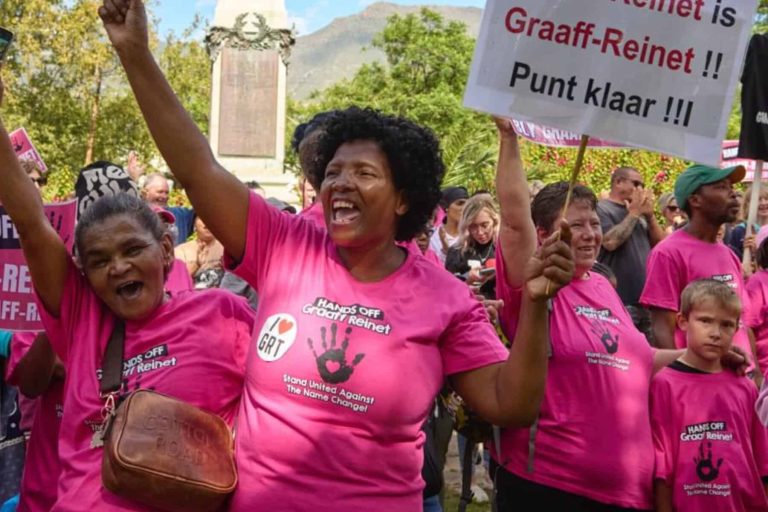
The Presidential Compressed Natural Gas Initiative (PCNGI) has clarified that the recent increase in Compressed Natural Gas (CNG) pump prices is not a result of government policy or subsidy removal but rather the outcome of market-driven decisions by private operators.
In a statement released on Wednesday, the initiative addressed public concerns following price hikes by some operators, stating that the federal government does not subsidise CNG, nor does it regulate prices in the sector.
“The recent adjustment in CNG pump price was carried out by NIPCO Gas, a private sector operator in the Auto-CNG market. NIPCO, like other investors in the sector, has the commercial discretion to set its prices based on its business realities,” the statement read.
The PCNGI emphasized that it does not set or control CNG prices, as that responsibility lies with the Nigerian Midstream and Downstream Petroleum Regulatory Authority (NMDPRA).
No Return to Fuel Subsidy Model
The Initiative underscored the government’s commitment to avoiding the opaque subsidy model that previously plagued the petrol and diesel markets.
“The era of opaque subsidies that crippled the PMS/AGO sector will not be replicated in the CNG market,” the statement said. “Instead, we are building a transparent, investment-led market where competition, not subsidy, will eventually drive prices down.”
Since the launch of Nigeria’s domestic gas market in June 2025, the PCNGI said it has worked in coordination with the Gas Aggregation Company of Nigeria (GACN) and the NMDPRA to ensure both the availability of supply and long-term price stability in the Auto-CNG space.
The NMDPRA has maintained an incentive-based pricing framework for CNG since April 2024, ensuring that CNG remains cheaper than petrol (PMS) and diesel, and allowing the agency to take enforcement action against price gouging.
$1 Billion in CNG Investments Since Tinubu’s Reforms
The PCNGI revealed that more than $1 billion in private investment has flowed into Nigeria’s CNG sector in the past 18 months, a development it credits to the administration of President Bola Ahmed Tinubu and the policy shift toward a market-oriented gas economy.
“Protecting these investments requires consistency, transparency, and a market-driven approach,” the statement noted, warning that price manipulation or exploitation of consumers will not be tolerated by regulators.
Consumers are encouraged to report any irregularities or excessive pricing to the appropriate authorities, as government agencies remain committed to ensuring fair pricing while allowing room for private sector growth.



